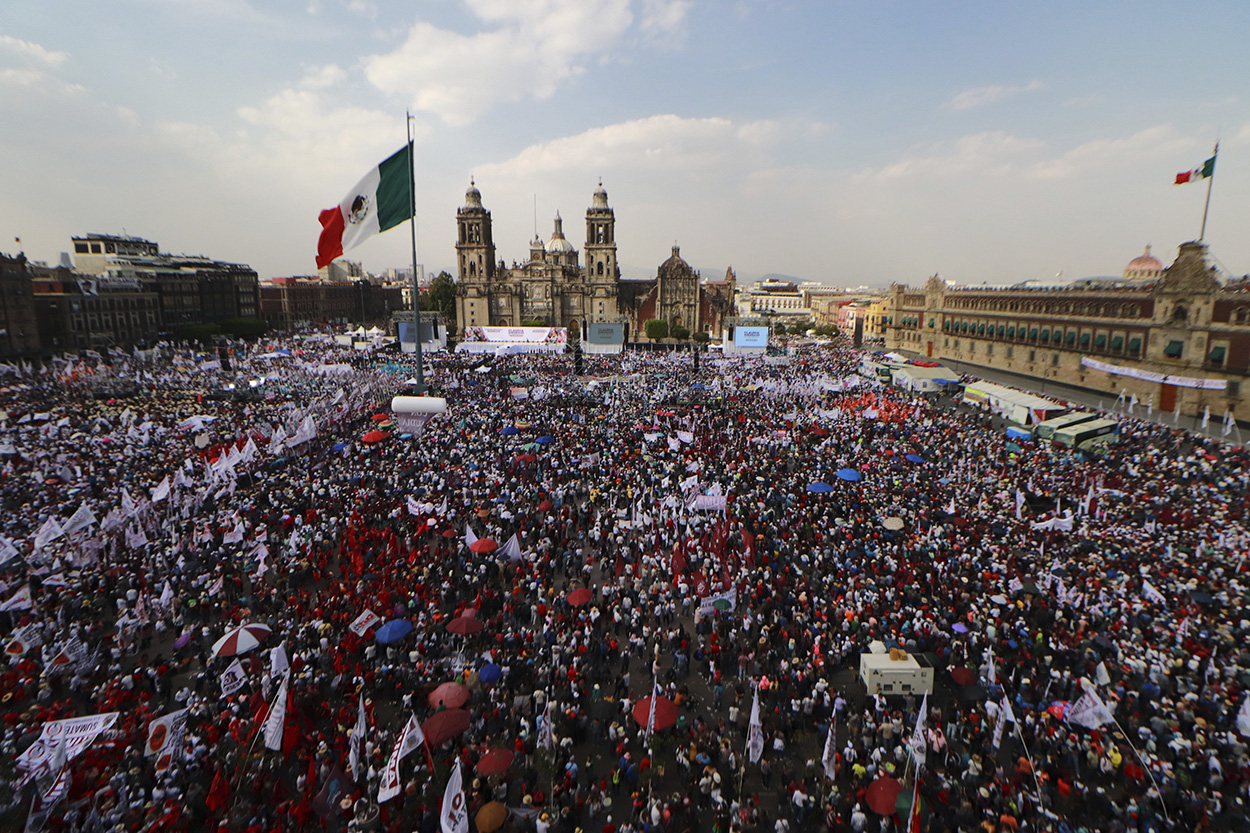Enrique’s PEMEX Plan
Enrique’s PEMEX Plan
The recently announced energy reform plan offers investment opportunities to further hydrocarbon exploration while ensuring PEMEX remains in the hands of the Mexican State, writes COA's Christian Gómez.
This afternoon Mexican President Enrique Peña Nieto outlined his administration’s eagerly awaited proposal for energy reform in an address that was broadcast live to both a domestic and international audience. Speaking from the presidential residence, Peña Nieto introduced a bill that would encourage international investment in the country’s energy sector while ensuring that Mexico’s energy sector is not being privatized.
Many of the key aspects of the bill had been mentioned before by various interlocutors of the Peña Nieto administration, and there were few surprises in his speech. Nevertheless, Peña Nieto delivered his vision for energy in Mexico, basing his reforms on the need for stable, affordable supply.
Peña Nieto did not offer many details, focusing instead on how the quality of life of all Mexicans would improve following the reform. He also mentioned another PRI President, Lázaro Cárdenas (1934-1940), who nationalized the Mexican oil sector 75 years ago, framing his reforms as in line with the popular Mexican president that first brought hydrocarbons under the state’s control.
In fact, the first bullet point of the reform, which would change Article 27 of the Mexican constitution, was framed by Peña Nieto as reverting back to the original wording of the article. Therefore, the focus of the speech shifted away from the profit-sharing contracts that are being considered, and back toward the Mexican Constitution as Cárdenas had envisioned it.
Nevertheless, the profit-sharing contracts remain the most notable aspect of the reform. Previously, legislation in Mexico allowed for private participation only through incentive-based contracts, which pay the company a fee for a service, but the company does not earn a portion of the profits.
Under the new plan, however, the profit-sharing contracts imply that Mexico will maintain ownership of all reserves, but companies are given permission to undertake exploration and production. Once oil is discovered, these firms would then recover their costs and share a portion of the profits.
This type of agreement exists throughout the world, notably in the Middle East and Central Asia....







